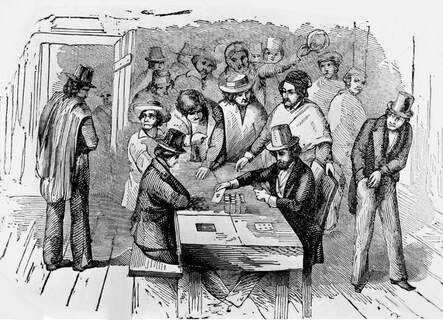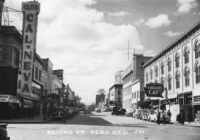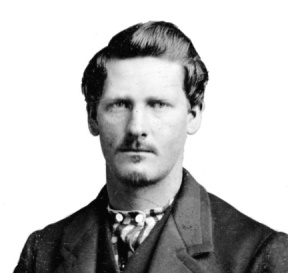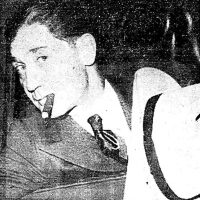|
Listen to this Gambling History blog post here
Getting your Trinity Audio player ready...
|

Faro game in progress
1832-1860
Elijah Skaggs, nè Eli Harrison Skaggs (1818-1890) stands out in U.S. gambling history. He was one of the country’s cleverest card tricksters and a hugely successful gambler. More significantly, he created a franchise system for the business of crooked faro.
“He probably had more to do with the spread of gambling in this country than any other one man,” wrote Herbert Asbury, author of Sucker’s Progress.
Soaking It All Up
After leaving the Skaggs family farm in Kentucky, the young man visited several of the country’s gambling centers in the mid-Atlantic states. During these stops, he learned all of the intricacies of dealing faro, cleanly and crookedly. When he witnessed a new trick, the student compelled the dealer to show him how it was done, paying significant sums for the information if necessary.
“He was greatly impressed by the popularity of faro, by the opportunities it offered for chicanery, by the fact that the deal remained always in the hands of the man who ran the game, and by the expedition with which the artists emptied the pockets of the local sports,” Asbury wrote.
The Business Model
Beginning in the early 1830s, Skaggs made New Orleans his business headquarters. There, he recruited young men in gambling halls to help him build a gambling empire. The mastermind trained them extensively, paid their expenses and supplied money for their bank.
Once they became proficient, the gambling visionary sent pairs of them to different towns to ply their craft together, supervised by one of his many cousins. Skaggs gave each of his proteges 25 percent of the profits from their individual operation.
“If luck ran against them and they somehow lost their bankroll, they returned to Skaggs for replenishment and reassignment,” wrote Roll the Bones author David G. Schwartz.
Eventually, other professional gamblers called Skaggs’ practicing pupils “patent-dealers.” They came to be considered fraudsters at the gambling table.
Additional Ventures
As for other industry-related investments, Skaggs financed gambling houses in New Orleans and helped one of his brothers set up a gambling enterprise in California. He funded inventors who had a new idea for faro chicanery in exchange for being able to use their innovation exclusively for a year before they commercialized it. Consequently, Skaggs played a role in the development of some of the crooked faro dealing boxes that hit the market in the 1830s and 1840s.
His Business Attire
Skaggs himself was called “Brother Skaggs, the preaching faro dealer” because of his zeal for the card game and because of his regular attire, a uniform for gamblers of the period. He donned a white high standing-collared shirt and cravat, the color of which contrasted his black silk vest, trousers, frock coat, stovepipe hat and patent leather gaiters.
“These somber garments covered a long, gaunt and awkward frame and emphasized a sour and saturnine physiognomy,” described Asbury.
Prosperity for All
The ambitious entrepreneur kept the franchise alive for nearly two decades. At one time, Skaggs had about 100 of these gamblers scattered throughout the States. Business boomed.
“Skaggs’ patent-dealers prospered exceedingly, and the money rolled like an avalanche into the pockets of the Master in New Orleans,” Asbury wrote.
Through his massive gambling enterprise, other business interests and investments, the Kentuckian had become a millionaire.
Winding Down
He dissolved his gambling franchise and retired from the industry at age 40 in 1858. Afterward, he settled down on the Louisiana cotton plantation he’d purchased years earlier.
Little information is available about how he spent the remaining roughly 30 years of his life. He may have returned to working in the gambling industry at some point.
Reportedly, Skaggs lost about $3 million he’d invested in Confederate money and bonds, which became worthless after the Civil War.
The gambling maverick died at age 72 in Texas in 1890.





